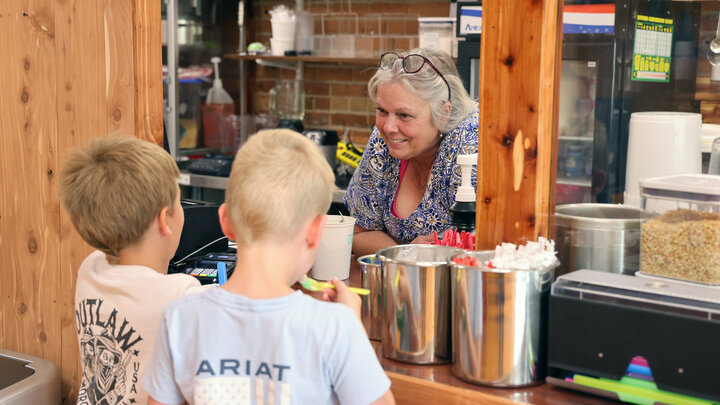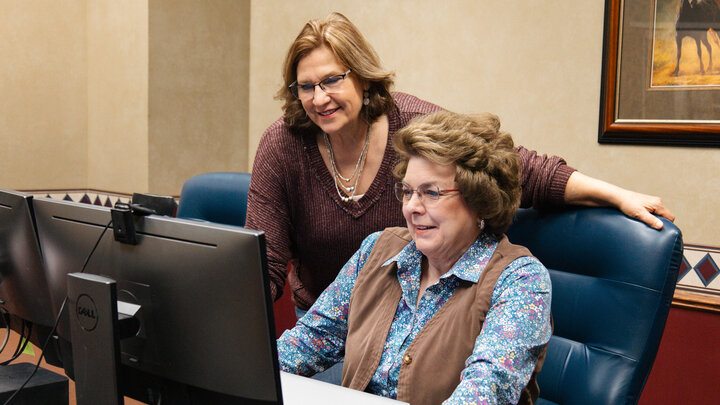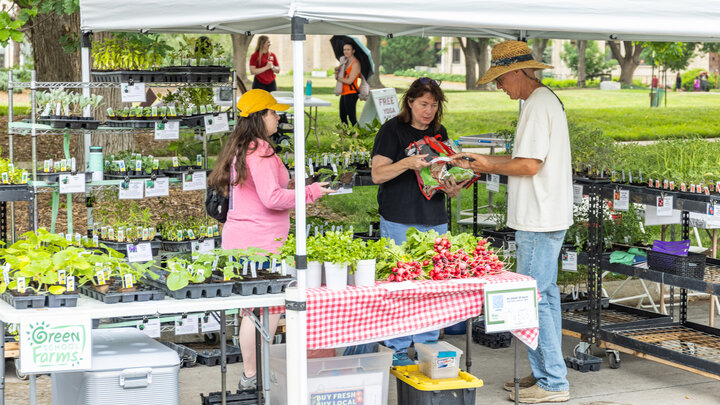In week five of this series, let’s explore number 4 of the 7 C’s—Collaboration.
This week we are moving on to group values in the social change model. Collaboration is the process of working with others toward a common goal. Collaboration increases the effectiveness of a group by using the talents and perspectives of each group member to come up with creative solutions to problems. Group members should share their ideas and work together to pull pieces from each of those ideas to create the best overall solution. As mentioned in previous articles, leadership often requires an open mind to listen to and incorporate other people’s ideas.
Collaboration works best when each person in the group has a specific purpose or task to work on. Remember our music metaphor from earlier—each person has their specific part to contribute to the song, but they have to be in tune with each other to create something worth listening to. People are more likely to care about the end result if they have some responsibility in the process.
Working together can also build trust and strengthen bonds between individuals, turning into a productive cycle of shared projects in a community. This is why working on small projects that are “quick wins” can be good for a community, because you are able to develop working relationships before moving on to harder problems.
Though the process is easier if you start out with mutual respect and trust, you can set ground rules when you start working together about what everyone’s role will be, how you will communicate, and how decisions will be made if there is any tension or disagreement among members. Just having clarity around these issues can help ease some of that mistrust. Being sure to define the issue you are working on also helps clear up misunderstandings early on.
Tip of the Week
Think about a community group you’re a part of—who else could you invite to participate to make sure you are getting a wide range of perspectives?




